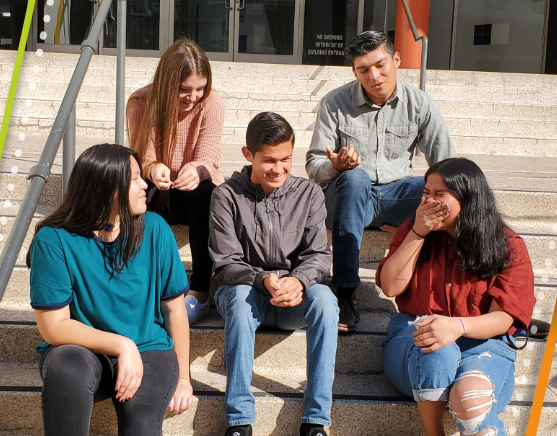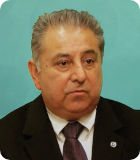Testimonials
See what providers and school administrators have to say about using the CHOICE, Free Talk, and MICUNAY programs with youth.




We know that this program is working and it’s helping our students make those good choices and be aware of what’s out there.
Tim Stowe, Ed.D.
Deputy Superintendent, Administrative Services
Torrance Unified School District
Ed CueDirector, Community Outreach; Teen Court Manager – Santa Barbara, CA
Tim Stowe, Ed.D.Deputy Superintendent, Administrative Services – Torrance Unified School District
Susie HolmesPrincipal – Torrance Unified School District
Carrie Johnson, Ph.D.Wahpeton Dakota – Director, Seven Generations; United American Indian Involvement – Los Angeles, CA
Ed CueDirector, Community Outreach; Teen Court Manager – Santa Barbara, CA
Susie HolmesPrincipal – Torrance Unified School District
Erin CaseyDirector of Programs, My Friend’s Place
Previous
Next






